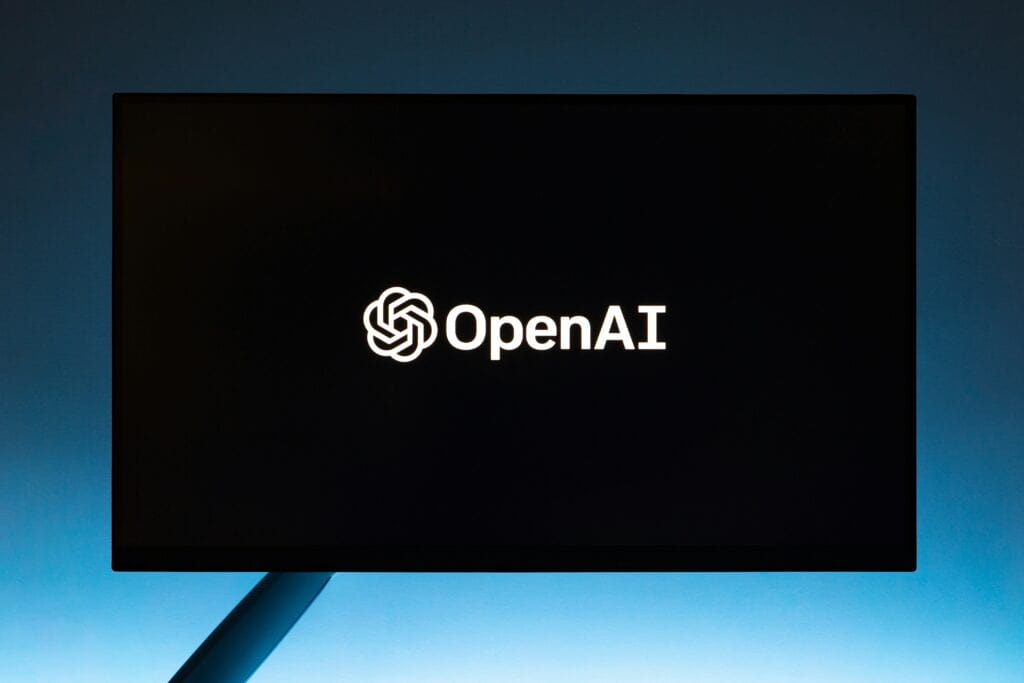Table of contents
Artificial intelligence is no longer confined to research labs or futuristic visions—it is embedded in everyday products, from recommendation engines on streaming platforms to natural language processing in virtual assistants. Behind these technologies lies a specialized discipline: AI product management. Unlike traditional product management, where the focus is on features, timelines, and customer needs, AI product management integrates machine learning models, large-scale data operations, and ethical considerations into the product lifecycle.
An AI product manager serves as the bridge between data scientists, data engineers, and traditional product managers. Their role extends beyond shipping features; they ensure that AI systems not only function technically but also align with user expectations, regulatory requirements, and long-term business strategy.
Organizations and facilitation academies such as Voltage Control have been closely involved in exploring how leaders, consultants, and innovators can develop the collaboration skills needed to succeed in AI-driven environments. Their work highlights the importance of building human-centered, team-driven approaches alongside the technical aspects of AI product management.
This introduction to AI product management provides a foundation for understanding the skills, tools, and challenges involved in creating AI-powered products that scale effectively and responsibly.
The Unique Demands of AI Product Management
Developing an AI-driven product requires managing more than just code and design. AI relies heavily on data pipelines, ongoing model training, and robust data quality checks. A traditional application may succeed with strong engineering, but an AI system can fail if its inputs are biased, incomplete, or misaligned with reality.
For example, an e-commerce recommendation engine depends not just on accurate algorithms but on the quality of customer feedback, purchase history, and engagement data. Similarly, computer vision systems used in healthcare demand rigorous testing and strong user experience design to ensure both accuracy and trust. These complexities mean that AI product managers must focus on data-driven decision-making as much as user feedback and product strategies.
Another demand lies in explainability. When AI introduces AI-driven features, such as reinforcement learning agents in logistics or neural networks for fraud detection, stakeholders often want to know why a particular decision was made. Transparency, accountability, and data privacy become core pillars in addition to speed and efficiency.
Core Responsibilities of an AI Product Manager
The responsibilities of an AI product manager stretch across technical and strategic boundaries. They must cultivate cross-functional collaboration—working with engineers who design the data pipelines, data scientists refining models, and designers ensuring a smooth user experience. At the same time, they are tasked with creating product roadmaps that balance innovation with feasibility.
An AI product manager is expected to:
- Translate complex concepts like neural networks, large language models, and agentic AI into actionable strategies for executives and stakeholders.
- Lead product discovery phases that test whether problems can truly be solved with AI, rather than chasing trends.
- Oversee AI prototyping, building early proof-of-concept systems to validate assumptions.
- Manage iterative improvements, guided by product analytics, user engagement metrics, and customer feedback loops.
- Ensure compliance with emerging standards for data privacy, model governance, and responsible AI use.
This dual focus on technology and human-centered design requires a unique mindset—the product mindset—that prioritizes outcomes for users and businesses alike.
Tools, Methods, and Workflows in AI Product Development
Bringing an AI idea to life involves an ecosystem of tools and methodologies. On the technical side, frameworks for model training and platforms like GitHub Copilot accelerate experimentation. AI tools for annotation, data engineering, and monitoring ensure reliable data flow, while product analytics dashboards help track adoption and retention.
In the design phase, generative AI and generative design tools allow for rapid iteration of solutions, while real-world case studies highlight best practices for scaling AI responsibly. AI product managers increasingly rely on AI prototyping environments to shorten development cycles, enabling faster feedback from pilot users.
Finally, successful delivery hinges on cross-functional collaboration. Product managers, engineers, and user experience design teams must align on priorities, while leadership connects these innovations to broader business strategy.

Challenges and Opportunities in AI Product Management
The path to delivering successful AI products is not without obstacles. Ensuring data quality is one of the biggest hurdles—poor data can lead to inaccurate outputs, loss of trust, or even harmful outcomes. Another challenge is maintaining ethical integrity, particularly when recommendation algorithms or AI-driven features risk amplifying bias.
Yet these challenges come with opportunities. By emphasizing user experience, AI product managers can differentiate products that are intuitive and trustworthy. By analyzing market trends, they can anticipate shifts in adoption, such as the rise of agentic AI or the integration of large language models into enterprise workflows. Forward-looking product managers also explore how reinforcement learning and computer vision can open entirely new markets.
When approached thoughtfully, AI product management allows companies to craft solutions that not only respond to current needs but also shape future industries.
The Future of AI Product Management
Looking ahead, AI product management will become more interdisciplinary. Professionals with backgrounds in data engineering, product development, and user experience design will need to collaborate seamlessly with teams driving data analytics, governance, and compliance.
The shift toward AI implementation at scale means that organizations will increasingly look to leaders who understand both the technical underpinnings of neural networks and the nuances of business strategy. As agentic AI systems evolve and AI-driven features become standard, the ability to apply data-driven decision-making while fostering creativity will be critical.
AI product managers who embrace continuous learning, value user feedback, and anchor innovation in ethics will be well-positioned to shape the next generation of intelligent products. Academies like Voltage Control help shape this next generation of leaders, equipping professionals to foster cross-functional collaboration and bring the product mindset to AI initiatives. By cultivating expertise in both human-centered design and advanced AI techniques, these leaders will ensure that the promise of AI is realized responsibly, ethically, and effectively.
FAQs
- What is AI product management?
AI product management is the practice of guiding the creation of AI-powered products, integrating machine learning, data pipelines, and human-centered design to align with user needs and business strategy.
- How is AI product management different from traditional product management?
Traditional product management focuses on usability and features. AI product management adds responsibility for model training, data quality, recommendation engines, and ethical considerations like data privacy.
- What skills are essential for an AI product manager?
AI product managers need knowledge of neural networks, computer vision, natural language processing, reinforcement learning, and data analytics, along with communication and leadership for cross-functional collaboration.
- What role does customer and user feedback play in AI products?
Continuous customer feedback and user feedback are critical for improving AI-driven features and increasing user engagement, ensuring solutions enhance the overall user experience.
- What are common challenges in AI product management?
Challenges include ensuring high data quality, protecting data privacy, aligning product strategies with ethical standards, and scaling AI responsibly in line with market trends.
- How do product managers measure success in AI projects?
Success is often measured through product analytics, user engagement metrics, and qualitative assessments such as trust, transparency, and customer satisfaction.
- What tools are useful for AI product managers?
They use AI tools for annotation and monitoring, frameworks for model training, platforms like GitHub Copilot, and AI prototyping environments that support experimentation and validation.
- What is the role of case studies in AI product management?
Case studies offer evidence of effective AI implementation, guiding decisions on scalability, ethics, and product strategies by showing how other companies have succeeded or failed.


